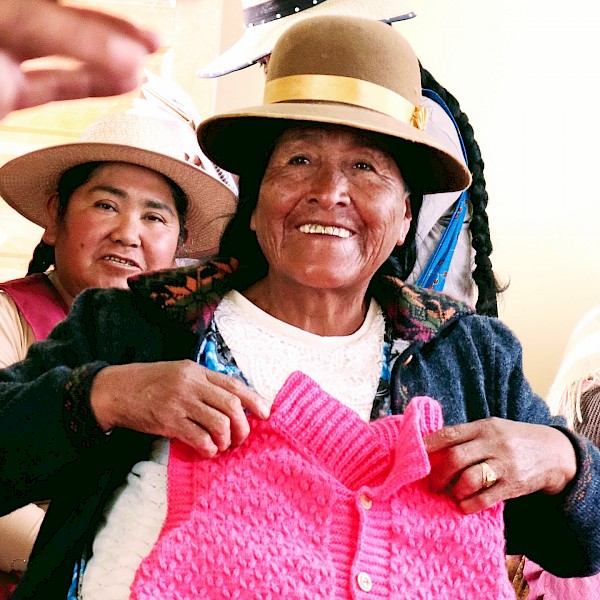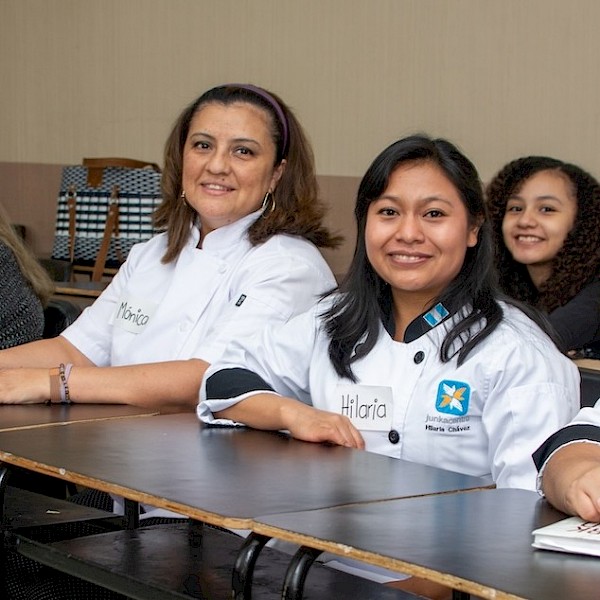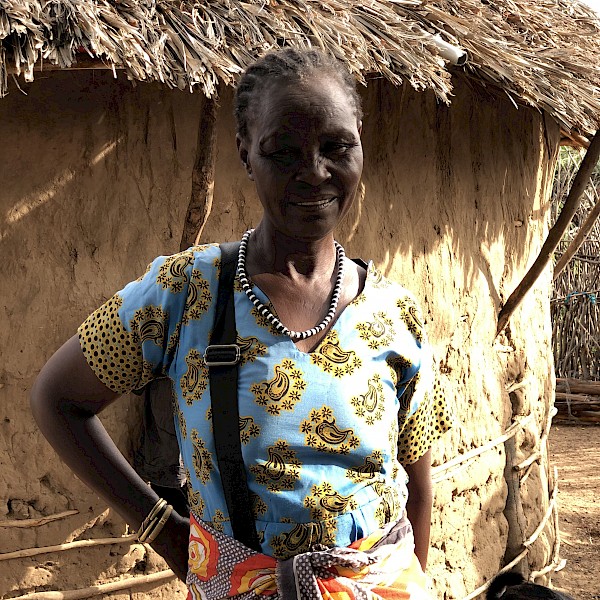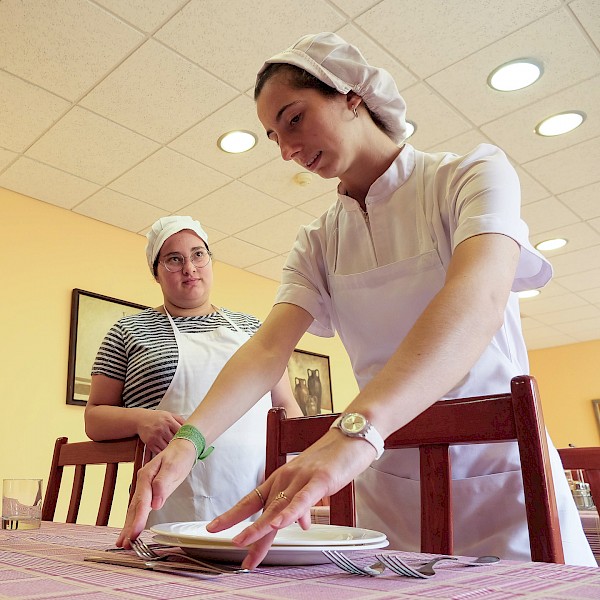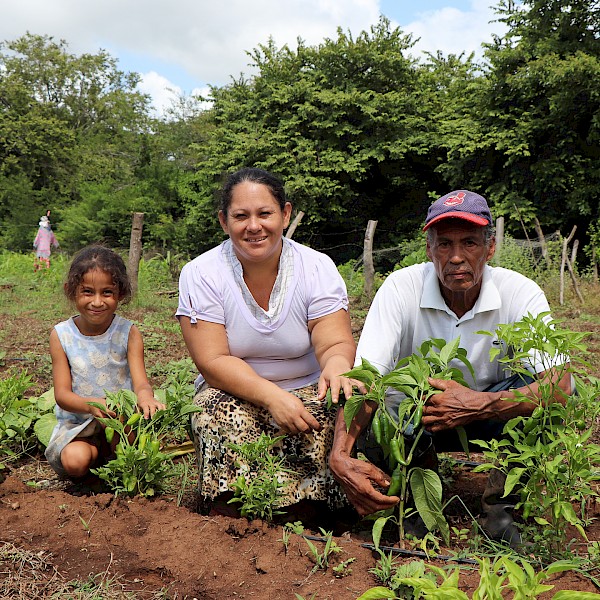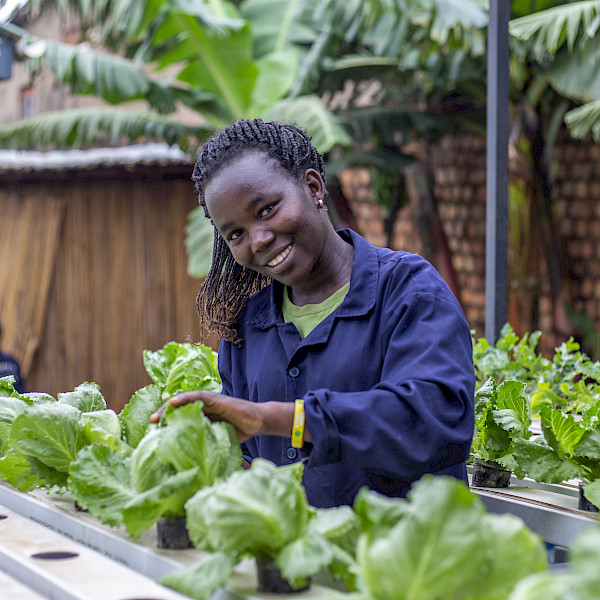Bolivia
Jakhusiña! Empowering and Strengthening Aymara women to enter traditionally male-dominated decision-making circuits

Duration
2023 – 2025

Budget
480 500 €

Beneficiaries
Aymara women
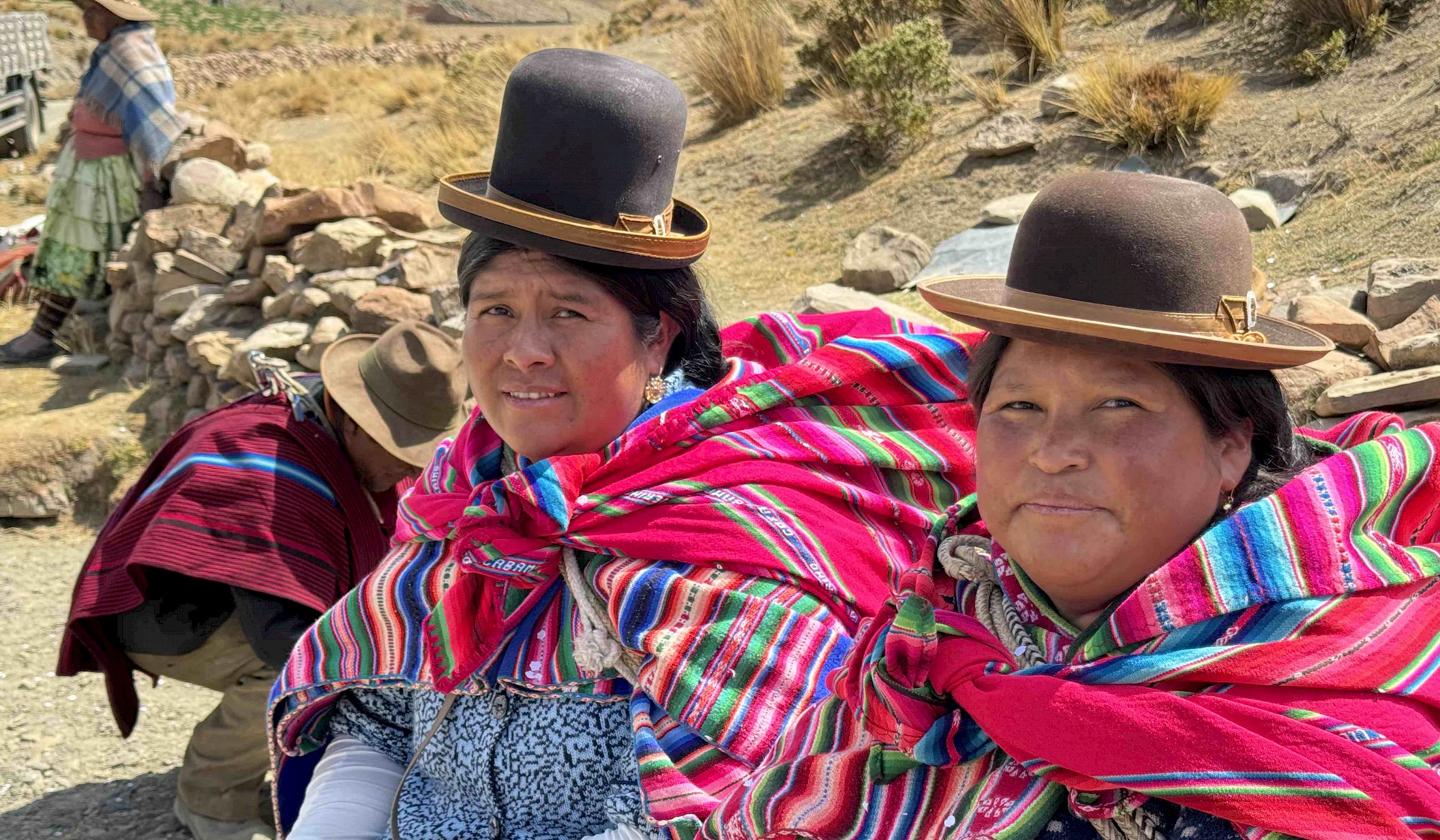





Advancing Women's Social Inclusion and Political Agency
In 2023, Inter-Cultur started its fifth project in Bolivia in collaboration with its long-time partner, AYNI. The project empowers Bolivian rural women of Aymara heritage by creating sustainable structures that will include women in the decision-making circuits of the five communities of the Subcentral Ajoya in the municipality of Calamarca. This is achieved by supporting the women's organization Bartolina Sisa. Overall, the project outlines five intertwined objectives that require the political influence of women through their organizations in the community and the Agrarian Subcentral, a higher level of authority that brings together the five communities.
The project has a total of five different outcomes, all requiring the inclusion of the Bartolinas to be implemented. These focus on improving the health and access to water in the communities, supporting the basic education and economic activities of the women, and promoting human rights and more equal distribution of domestic labor within the families. Within three years, the project will provide more than 600 workshops to 200 women, with accompaniment from the project team. Overall, the project will not only enhance the status of the indigenous Aymara women but also support their communities as a whole strengthening their living conditions.
This project has been funded by the Ministry for Foreign Affairs of Finland.
Key Achievements and Outcomes:
- Lowered levels of acute diarrheal diseases and acute respiratory infections by 20%.
- Constructed drinking water systems in three communities and handed over their government of water harvest systems to the Bartolinas.
- Supported the literacy and basic digital education of at least 80 Aymara women.
- Enhanced knowledge of human rights resulting in a lower level of domestic violence and more equal distribution of domestic labor within 80 rural families.
- Increased volume of economic activity and self-employment of the women enterprises by 20%, including making and selling of indigenous clothing and livestock and dairy.
Photo gallery
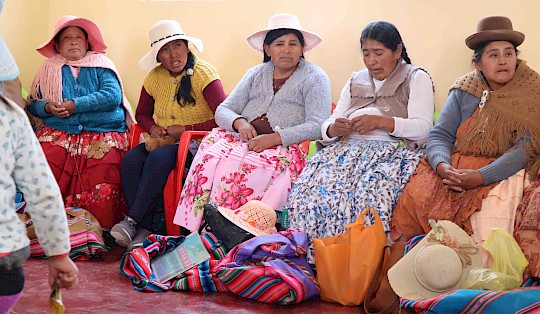
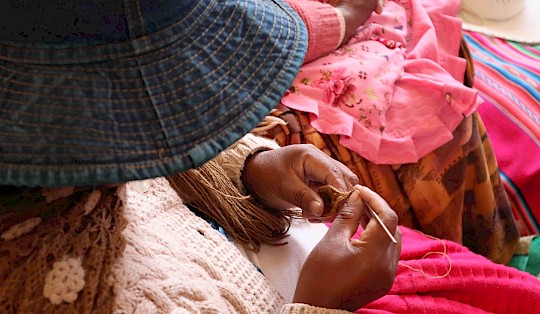
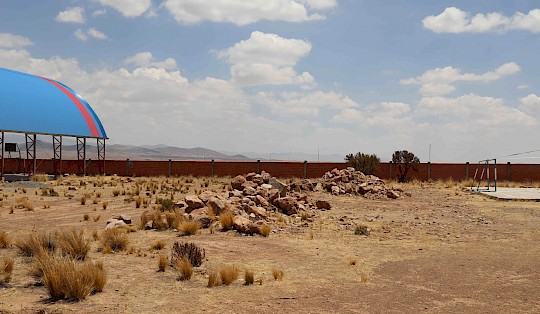
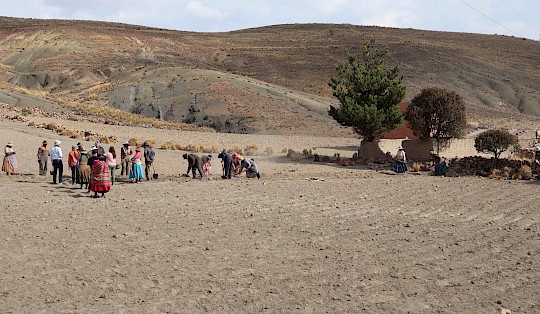
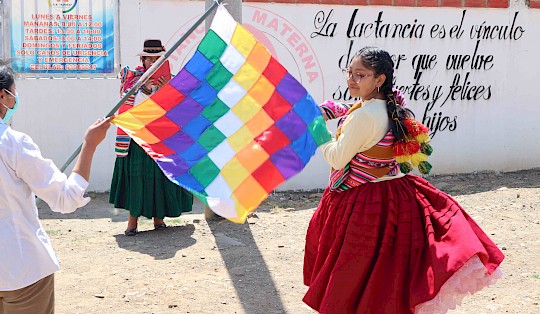
Countries
Bolivia
Home to the Andes mountains, Bolivia faces challenges such as poverty and environmental concerns, particularly among its indigenous populations. Our partnership with AYNI focuses on vocational training, literacy, and sustainable agriculture, aiming to empower marginalized communities and women.
Guatemala
In Guatemala, a country known for its rich indigenous heritage, we address the needs of women in disadvantaged situations through Fundación Junkabal. Our initiatives in vocational training and micro-entrepreneurship are designed to uplift women and advocate for human rights.
Kenya
Kenya's diverse landscape is the backdrop for our efforts to tackle poverty and unemployment in the country. Examples of our work include offering vocational education in Nairobi's slums through SET and Eastlands College of Technology, and improving the agricultural activities of rural women in Turkana County, both aiming to improve life quality and employment prospects with an integral formation model.
Lebanon
Lebanon, with its millennia-old heritage, navigates through profound economic crises and a significant refugee presence. In response, our partnership with PRODES and IMS is dedicated to empowering women through vocational training in hospitality, tourism, and gastronomy, equipping young women from rural areas for better prospects.
Nicaragua
Nicaragua, with its dramatic volcanic landscape, faces social unrest and economic difficulties. Our work with ANDECU supports women by investing in vocational training centers and micro-business resources, empowering them to improve their income levels and overcome challenges in their families and communities.
Uganda
Uganda, known for its diverse landscapes and rich cultural heritage, faces socio-economic disparities and gender inequality impacting vocational education access. Partnering with COWA, we provide women and youth with vocational training and technological empowerment to boost employment opportunities and economic independence, promoting gender equality and sustainable development.
